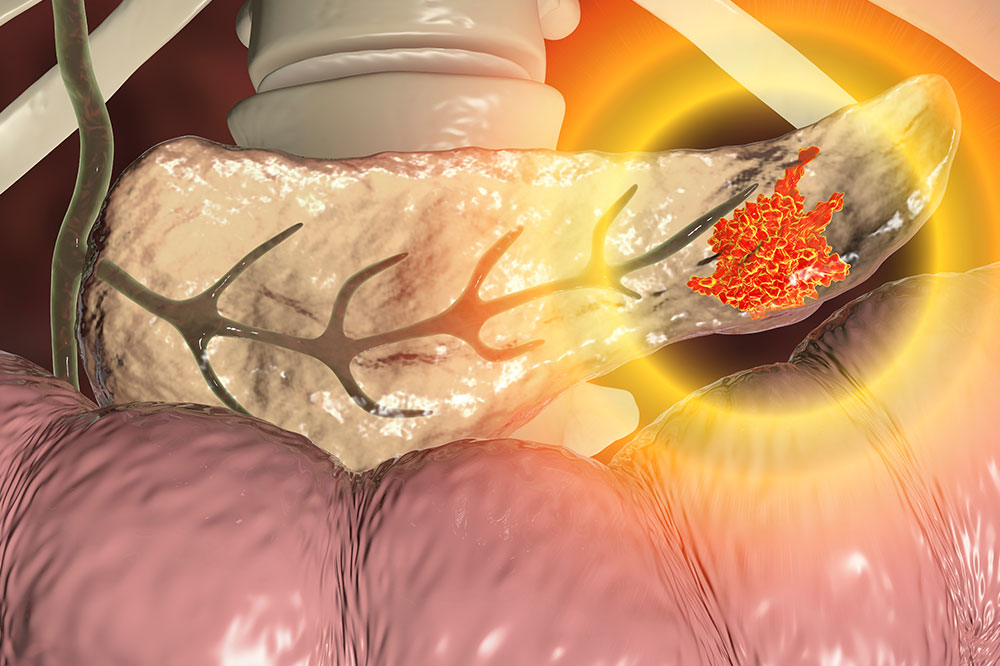
Pancreatic Cancer – Genetic and Hereditary Risk Factors
Pancreatic cancer originates in the pancreatic tissues. The pancreas is an organ that is located in the abdomen, behind the lower part of the stomach. It is responsible for secreting enzymes that help with digestion, and it produces hormones that regulate blood sugar levels.
Pancreatic cancer usually originates in the cells that line the pancreatic duct. In this article, we discuss the genetic and hereditary risk factors for pancreatic cancer:
1. Genetic risk factors
All forms of cancer are genetic and pancreatic cancer is no exception. Every cell in the body has deoxyribonucleic acid (DNA) and each DNA molecule contains several genes. All cancer forms originate when the DNA changes or mutates, causing the cell to replicate abnormally until it gets out of control. However, it is not the same as hereditary cancer, which means that the risk of pancreatic cancer runs in the family.
2. Hereditary risk factors
Inherited genes are passed on to the child from their parent and are responsible for up to 10 percent of pancreatic cancer cases. This means that one out of every 10 people with pancreatic cancer inherits a gene mutation from their family member, which increases their risk of developing the cancer.
Some mutations elevate one’s risk of pancreatic cancer, but they may not be passed on to them from their parent in their entire lifetime. However, in some cases, the mutated DNA is passed on from one generation to the next, and this is known as germline mutations. These mutations are responsible for hereditary pancreatic cancer and are the only way that this disease can be inherited.
3. Other risk factors
Here are a few other risk factors for pancreatic cancer:
- Age
More than 80 percent of pancreatic cancer cases occur in people between the ages of 60 and 80. - Gender and race
Men are at a slightly greater risk for pancreatic cancer than women. And African-Americans have an elevated risk of suffering from pancreatic cancer than Caucasians. - Smoking and exposure to certain chemicals
Chronic smokers are at a higher risk for pancreatic cancer. Cigars, pipes, and other tobacco products also increase this risk. Also, if one works in the metalworks or dry cleaning industry—or any other industry that requires them to deal with toxic chemicals—then they are at a greater risk for developing pancreatic cancer.
- Obesity
Overweight and obese people have a higher risk for pancreatic cancer. One is required to follow a healthy lifestyle and keep their body weight within the normal range to mitigate this risk.
If one’s family has a history of pancreatic cancer, then knowing about its genetic and hereditary risk factors—alongside medical consultations and screening tests—is their best defense against the disease.



